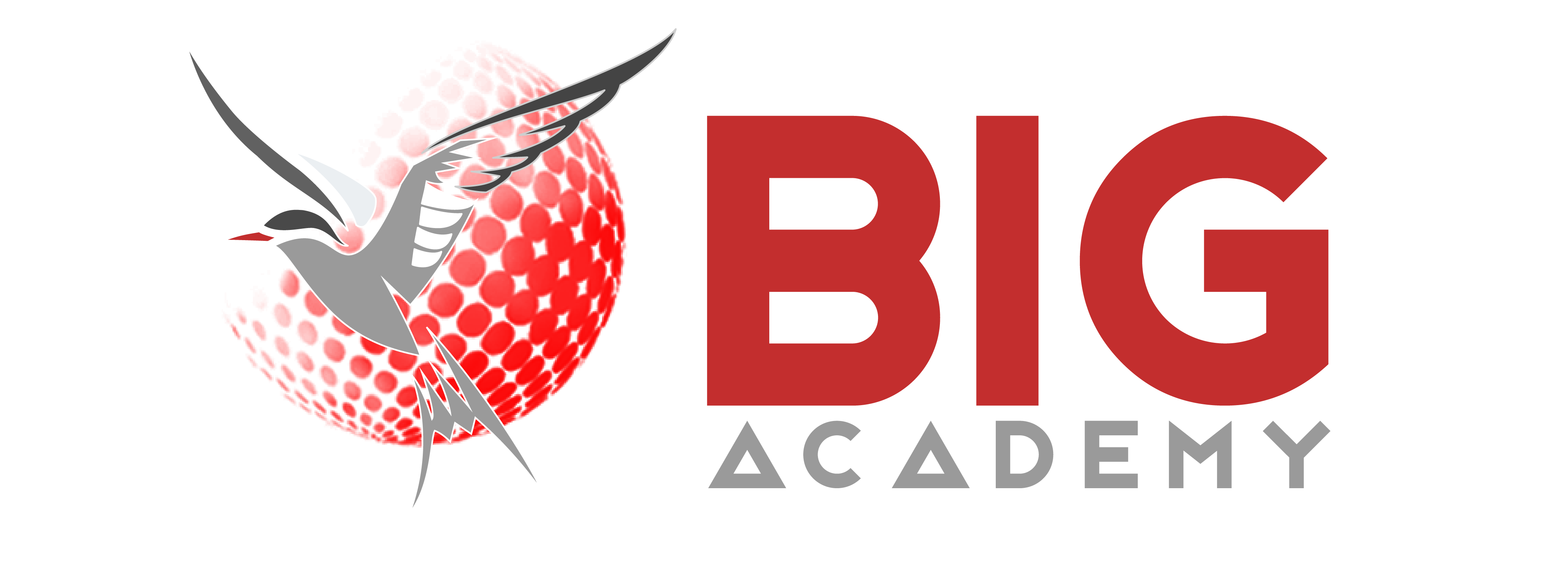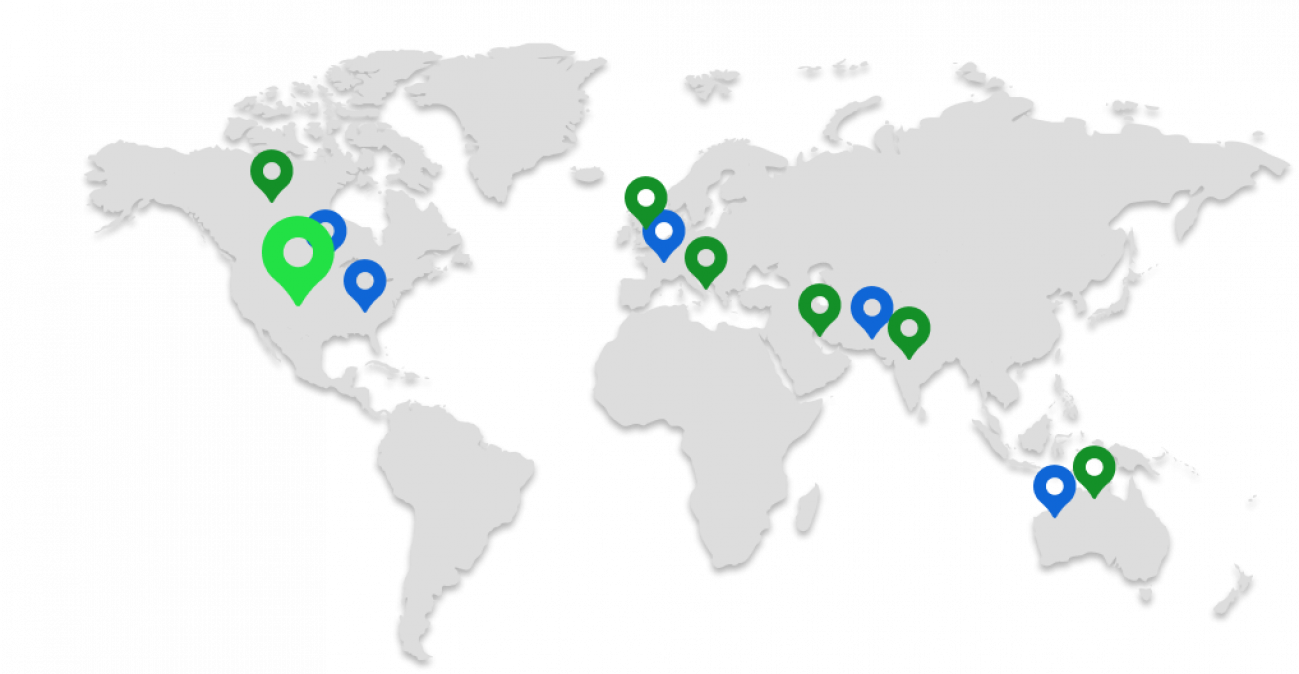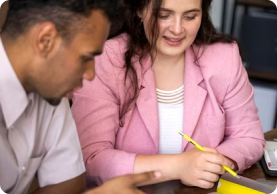















Our teaching methodology allows students to choose when and how they engage with the course material, accommodating different schedules and learning preferences. The unique approach that we follow makes education more accessible, as students can participate from anywhere with an internet connection, reducing geographical and logistical barriers. We incorporate a variety of teaching methods, like video lectures, interactive simulations, and live discussions, catering to different learning styles and keeping students engaged. Students can pace their learning and revisit complex topics as needed, allowing for a more personalised and self-directed educational experience. The technology used by us in hybrid learning can offer immediate feedback on quizzes and assignments, aiding in faster learning and improvement.






Our Hybrid teaching methodology allows students to choose when and how they engage with the course material, accommodating different schedules and learning preferences. The unique approach that we follow makes education more accessible, as students can participate from anywhere with an internet connection, reducing geographical and logistical barriers. We incorporate a variety of teaching methods, like video lectures, interactive simulations, and live discussions, catering to different learning styles and keeping students engaged. Students can pace their learning and revisit complex topics as needed, allowing for a more personalised and self-directed educational experience. The technology used by us in hybrid learning can offer immediate feedback on quizzes and assignments, aiding in faster learning and improvement.





